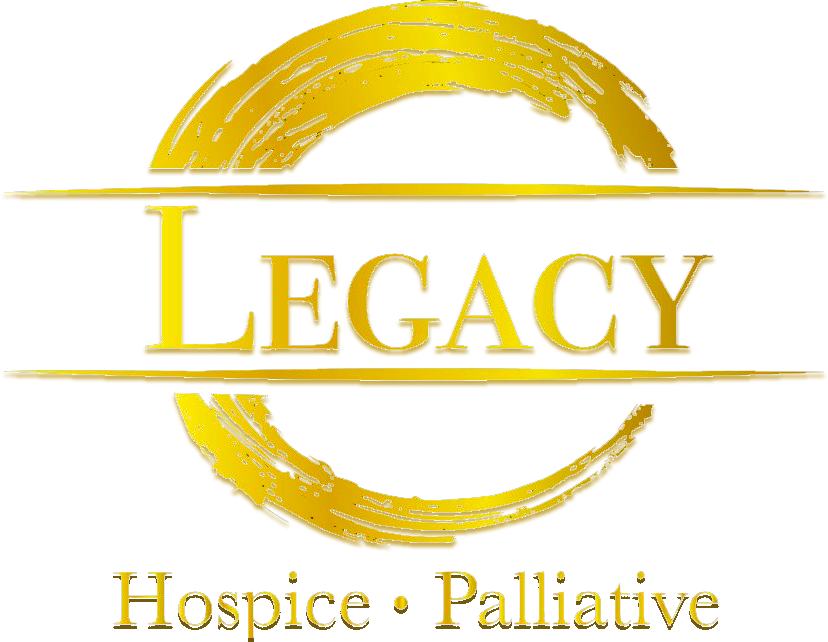Menu



patient, terminal illness, nursing, therapy, compassion, grief, physician, insurance, disease, health, medicare, pain, nursing home, social work, caregiver, pain management, chaplain, physical therapy, nurse practitioner, medicaid, education, healthcare, medical record, health care, fax, prognosis, medication, management, life expectancy, quality of life, legacy, quality, patients, caring, referral, contact, palliative, legacy hospice, mission, achc, spiritual, toll free, serving, family, bereavement, certified, testimonials
legacy hospice and palliative care, palliative care blog, hospice blogs, hospice care blog, hospice patient blog, serene hospice care, hospice blog
Emotional and spiritual support is a cornerstone of hospice care, addressing the psychological and existential challenges faced by patients and their families. This support is essential for helping individuals cope with the emotional weight of terminal illness, providing them with a safe space to express their fears, hopes, and concerns.
Hospice teams often include social workers, chaplains, and counselors who offer guidance and comfort through various means, such as individual counseling, family meetings, and spiritual care. These services aim to foster a sense of peace and acceptance, ensuring that patients and their families feel supported throughout the end-of-life journey.
Caregiver support and training are vital components of hospice care, as family members often take on the role of primary caregivers. Providing education and resources helps caregivers manage the practical and emotional demands of caring for a loved one with a terminal illness, enabling them to provide better support.
Legacy Hospice offers training sessions and resources that cover essential topics such as pain management, communication techniques, and self-care strategies. By equipping caregivers with the necessary skills and knowledge, hospice services aim to alleviate caregiver stress and enhance the overall quality of care for patients.
Holistic approaches to pain management in hospice care focus on treating the whole person rather than just the symptoms of illness. These methods integrate physical, emotional, and spiritual care, ensuring that patients receive comprehensive support tailored to their individual needs.
Techniques such as massage therapy, acupuncture, and mindfulness practices can complement traditional medical treatments, helping to reduce pain and improve the overall quality of life. By addressing various aspects of well-being, holistic pain management fosters a more compassionate and effective approach to end-of-life care.
Hospice volunteers play a crucial role in enhancing the quality of care provided to patients and their families. These dedicated individuals offer companionship, emotional support, and practical assistance, helping to alleviate the burdens faced by families during challenging times.
Legacy Hospice actively recruits and trains volunteers to ensure they are well-prepared to support patients and families. Volunteers may assist with tasks such as running errands, providing respite for caregivers, or simply offering a listening ear. Their contributions significantly enrich the hospice experience, fostering a sense of community and compassion.